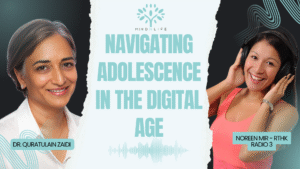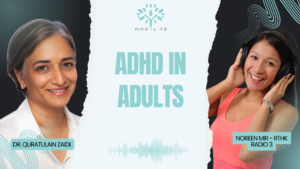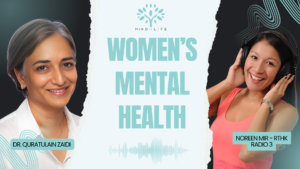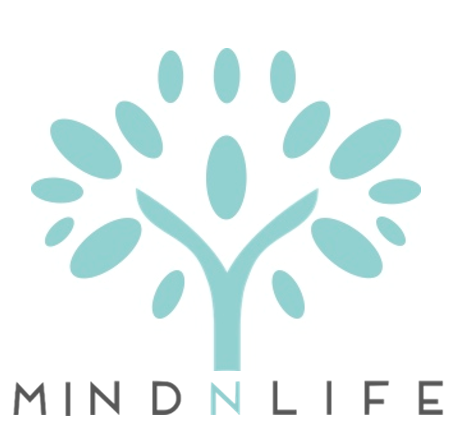Did you know that 23% of kids who were victims of frequent bullying had sought help for psychiatric problems before age 30? Additionally, 20% of people who were bullies themselves as children, had a mental health problem that needed medical treatment as a teen or young adult.
Bullying is, unfortunately, a very common phenomenon. Not only does it affect children, but adults also bear the brunt of this. As children head back to school, here are 5 signs you can look out for to know if your child is a victim of bullying:
- Faking illness or feeling sick. This will commonly result as headaches or stomach aches.
- Loss of interest in schoolwork, especially not wanting to go to school without reason
- Changes in eating habits
- Decline in grades
- Lost or destroyed belongings
And it’s not just on the playground. As more and more teens use the internet, cyber bullying has become a real threat, sometimes with grave outcomes. Our instinct is to demand privacy, but, as apps work to increase anonymity and security, there is a dark flipside – it is becoming easier for bullies to stay invisible while picking on others cyberspace.
Dr. Quratulain Zaidi shares the different types of bullying and what you can do, as parents, to protect your children.
Click here to download the article as featured in Expat Living Hong Kong.

Dr. Quratulain Zaidi (BSc. Hons, MSc, MSc, PhD) is a mother and a member of the British Psychological Society and British Association Counselling & Psychotherapy and abides by the Ethical Framework for Good Practice in Counselling and Psychology. She has lived in Hong Kong and Singapore for 12 years. She specialises in assisting families with issues including parenting, teen issues, Cybersafety, marriage guidance, post natal depression, stress and anxiety disorders, depression, bullying, eating disorders, OCD and self-harm. She is an expert in educational assessments and learning challenges in children, for example ADHD, ADD, Dyslexia and ASD.







